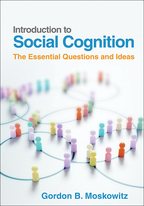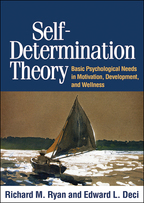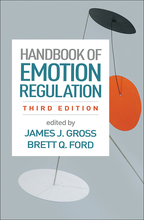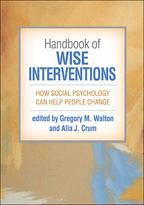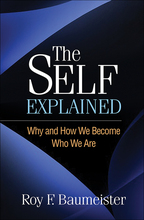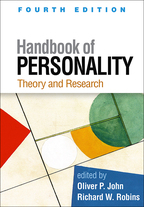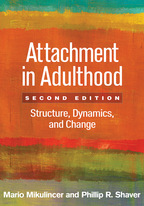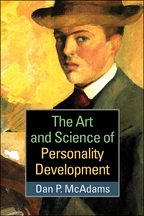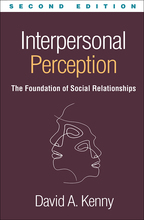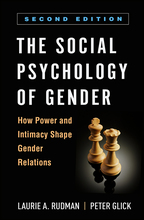Judgments of Responsibility
A Foundation for a Theory of Social Conduct
Bernard Weiner
Hardcover
Hardcover
orderApril 14, 1995
ISBN 9780898628432
Price: $57.00 301 Pages
Size: 6" x 9"
“We pronounce the book good, judge it innocent of poor scholarship, and sentence it to having a long impact on research and theory on interpersonal judgment....This book is a significant read with enormous strengths and a provocative, testable point of view. It presents an important perspective that adds emotional and moral elements into our more cognitive models for judgments of others....The text is appropriate both for undergraduates and for graduate students and established academics tilling the fields of attribution processes.”

—Contemporary Psychology
“This book is a major achievement that extends Weiner's already impressive attribution theory of motivation in new directions. With pristine clarity it demonstrates how judgment of responsibility can be used to generalize theoretical principles derived from the study of achievement evaluation to a wide variety of behaviors. The result is a comprehensive theory of social conduct that is essential reading for anyone interested in human behavior.”

—Frank D. Fincham, Ph.D., FBPsS, University of Wales, Cardiff
“Professor Weiner has made a bold attempt to present a scientific analysis of the issues involved in assigning responsibility and blame. In contrast with traditional solutions, he argues that it is not blame but emotion (anger or sympathy) that mediates subsequent social behavior. Weiner's clear thinking and relevant empirical data bring a fresh and interesting perspective to highly significant and perennially debated social and moral issues.”

—Carroll E. Izard, Ph.D., Unidel Professor, Department of Psychology, University of Delaware
“...we pronounce the book good, judge it innocent of poor scholarship, and sentence it to having a long impact on research and theory on interpersonal judgment....this book is a significant read with enormous strengths and a provocative, testable point of view. It presents an important perspective that adds emotional and moral elements into our more cognitive models for judgments of others....accessible to a broad audience....the text is appropriate both for undergraduates and for graduate students and established academics tilling the fields of attribution processes. The book can serve as a wonderful teaching tool as the reader completes studies, gets personally involved, and therefore easily grasps the ideas and findings.”

—Kathryn C. Oleson and Robert M. Arkin, Contemporary Psychology
—Contemporary Psychology
“This book is a major achievement that extends Weiner's already impressive attribution theory of motivation in new directions. With pristine clarity it demonstrates how judgment of responsibility can be used to generalize theoretical principles derived from the study of achievement evaluation to a wide variety of behaviors. The result is a comprehensive theory of social conduct that is essential reading for anyone interested in human behavior.”
—Frank D. Fincham, Ph.D., FBPsS, University of Wales, Cardiff
“Professor Weiner has made a bold attempt to present a scientific analysis of the issues involved in assigning responsibility and blame. In contrast with traditional solutions, he argues that it is not blame but emotion (anger or sympathy) that mediates subsequent social behavior. Weiner's clear thinking and relevant empirical data bring a fresh and interesting perspective to highly significant and perennially debated social and moral issues.”
—Carroll E. Izard, Ph.D., Unidel Professor, Department of Psychology, University of Delaware
“...we pronounce the book good, judge it innocent of poor scholarship, and sentence it to having a long impact on research and theory on interpersonal judgment....this book is a significant read with enormous strengths and a provocative, testable point of view. It presents an important perspective that adds emotional and moral elements into our more cognitive models for judgments of others....accessible to a broad audience....the text is appropriate both for undergraduates and for graduate students and established academics tilling the fields of attribution processes. The book can serve as a wonderful teaching tool as the reader completes studies, gets personally involved, and therefore easily grasps the ideas and findings.”
—Kathryn C. Oleson and Robert M. Arkin, Contemporary Psychology

